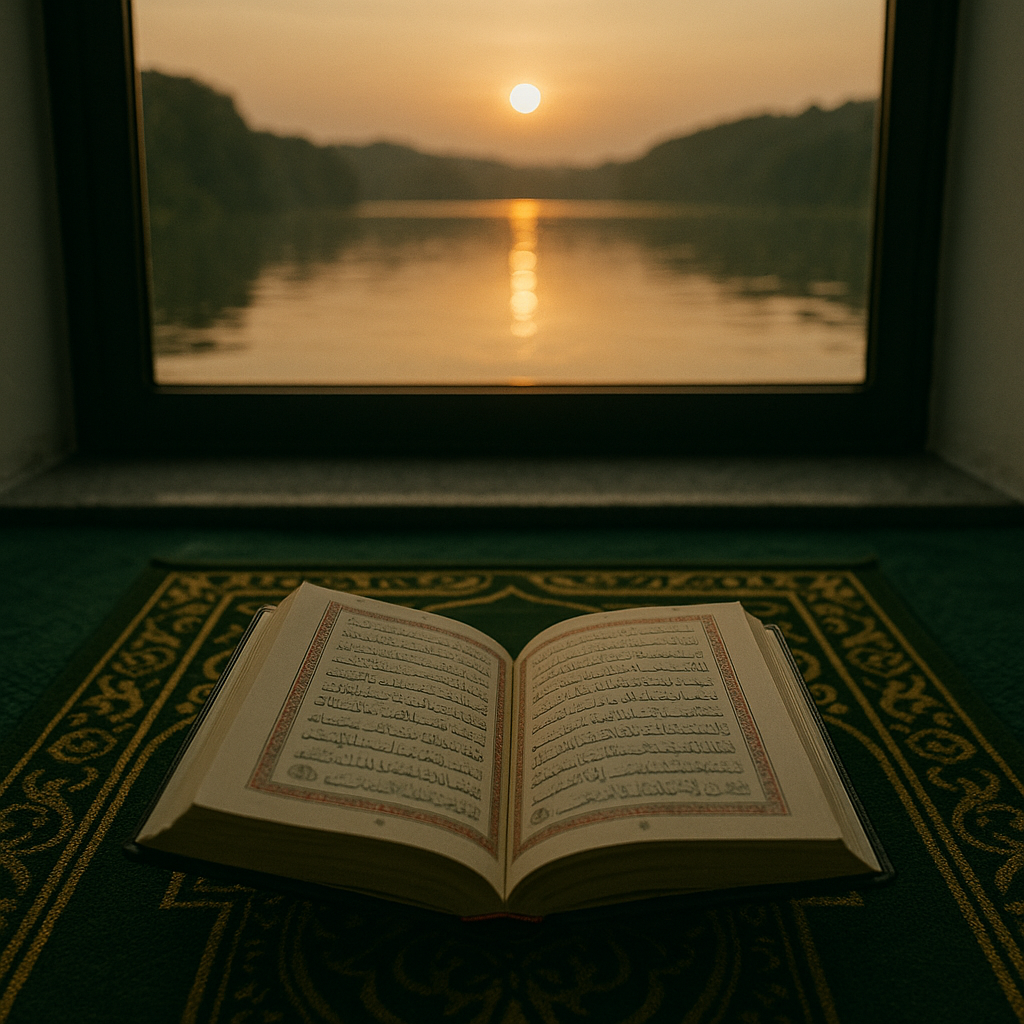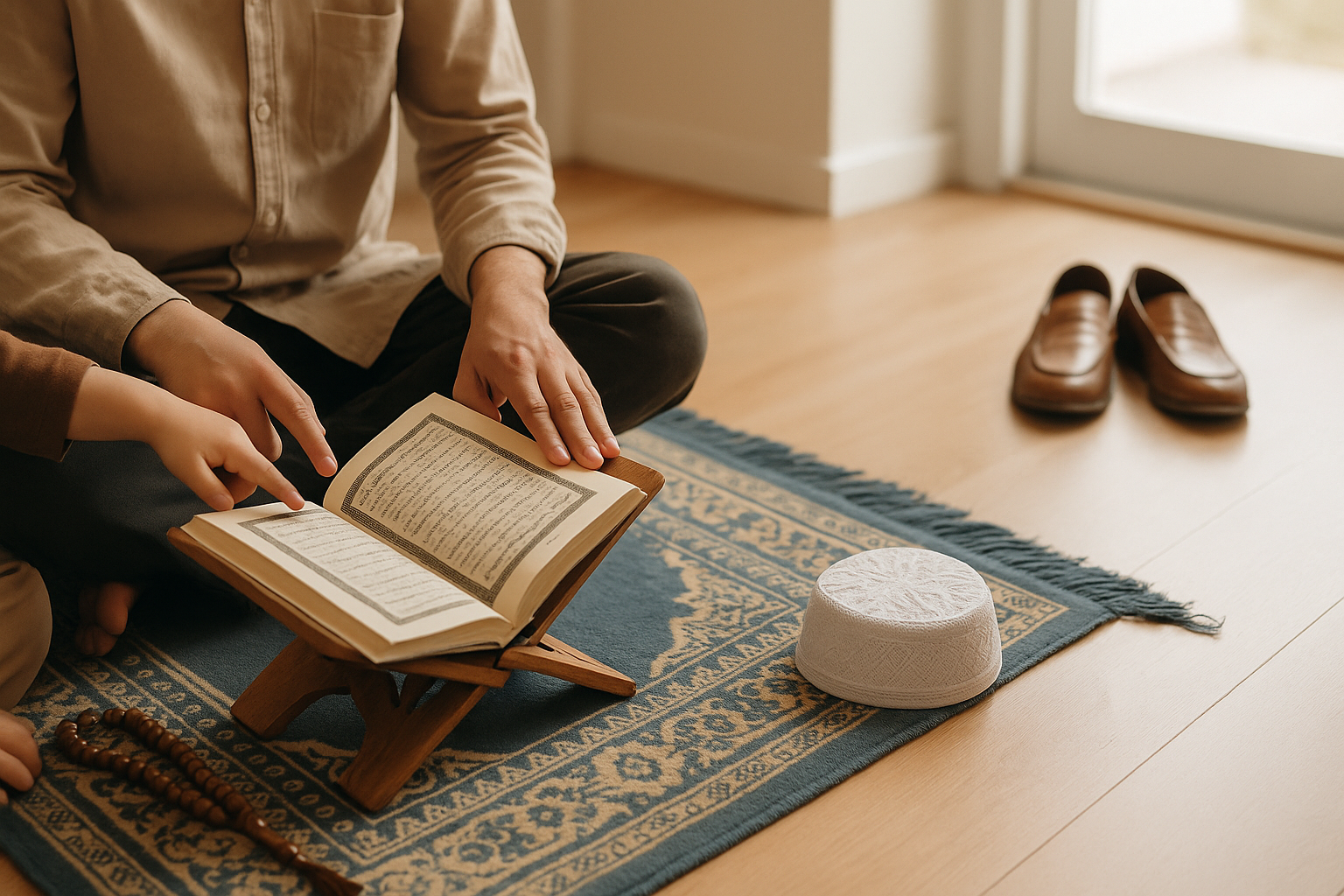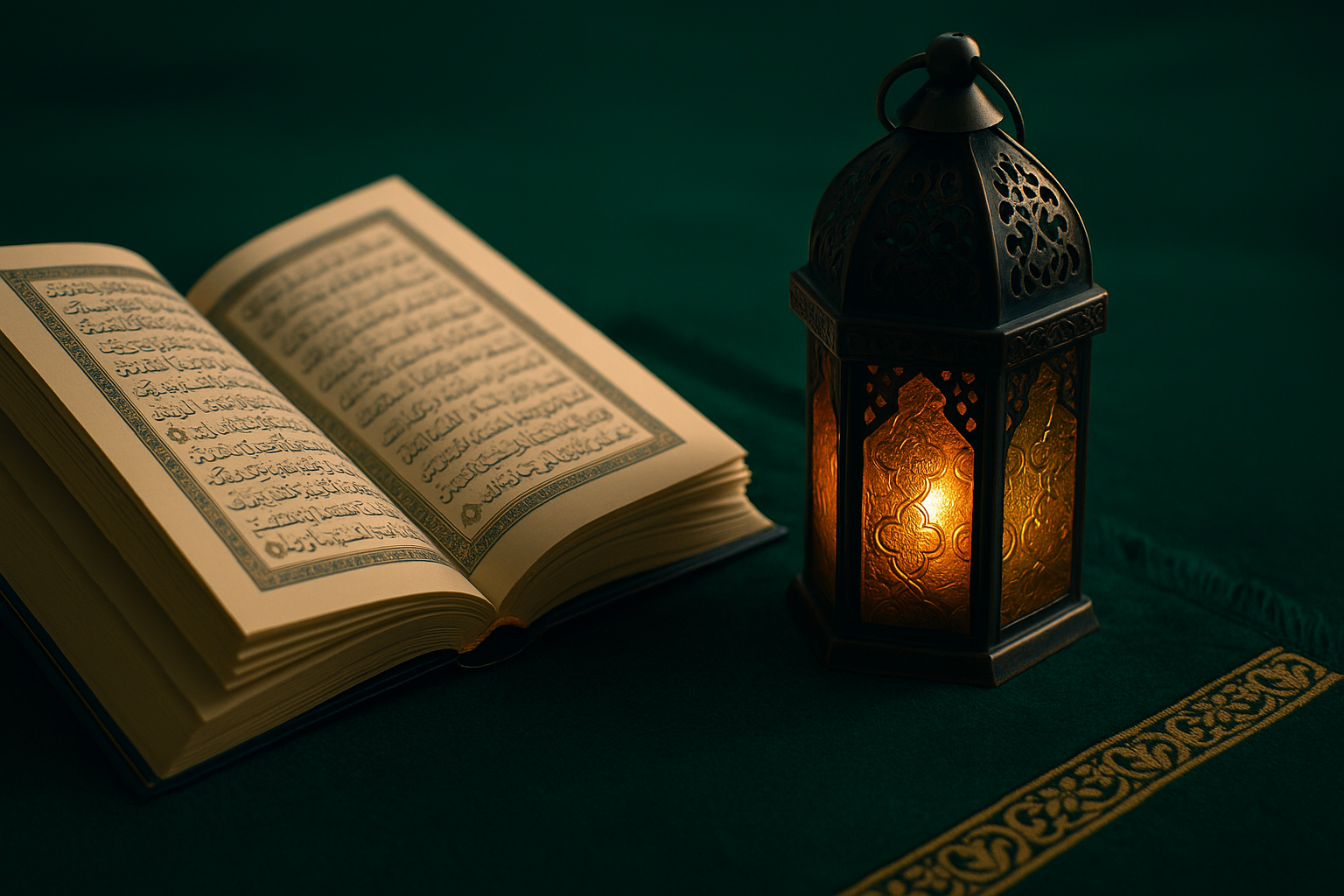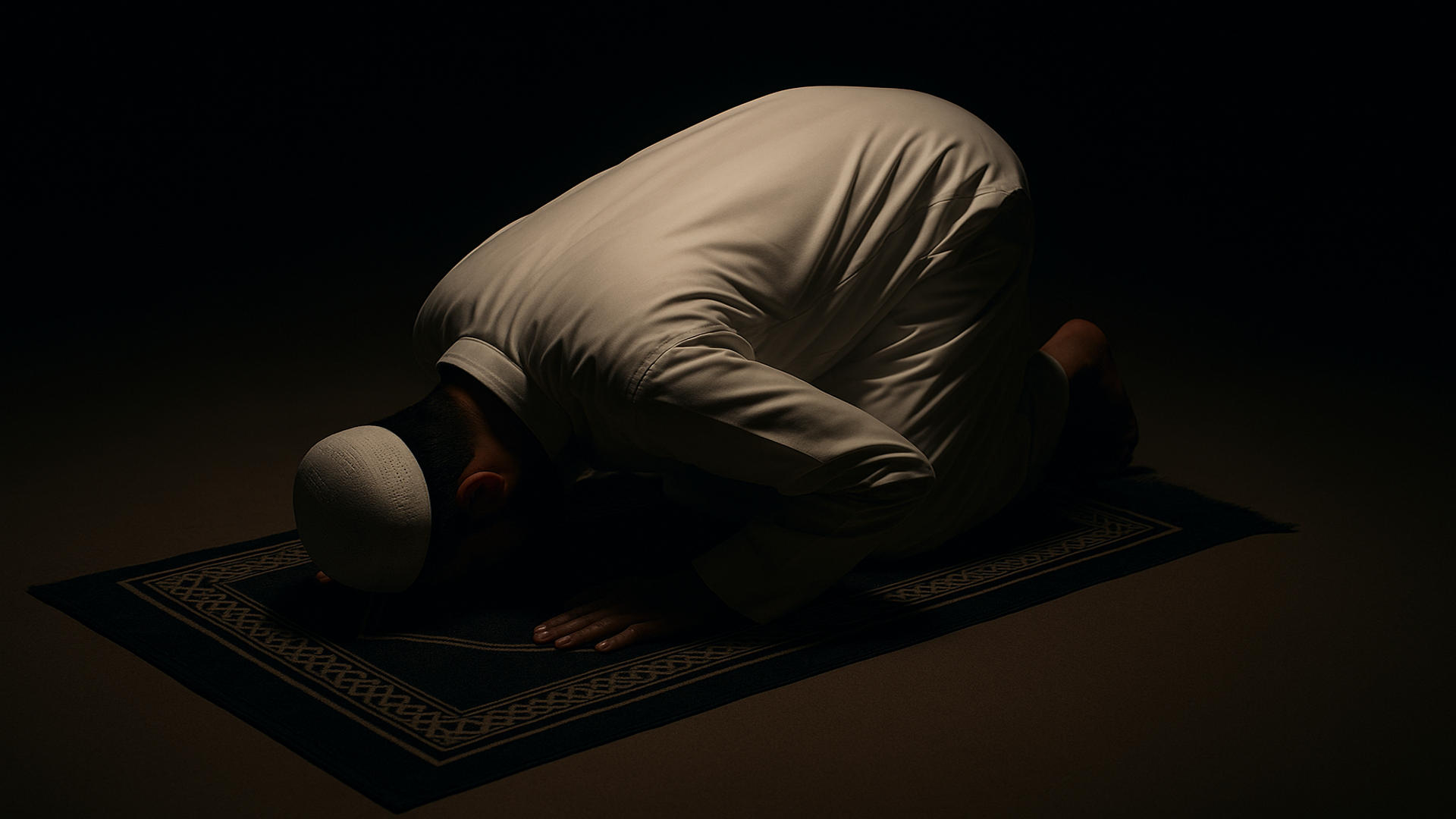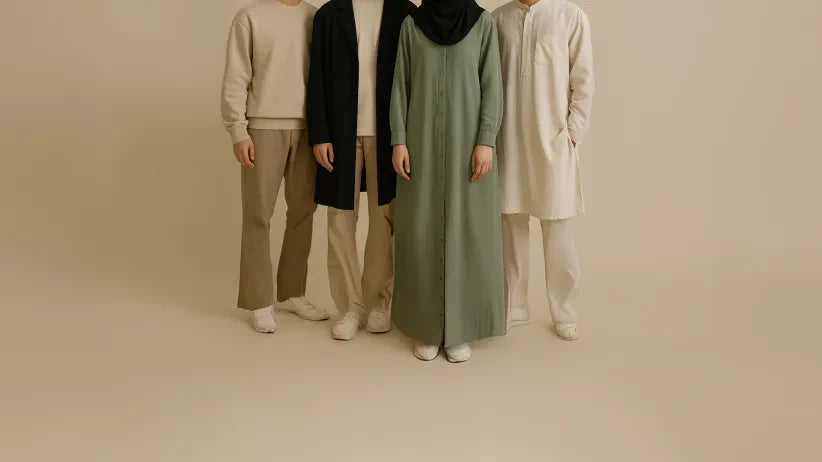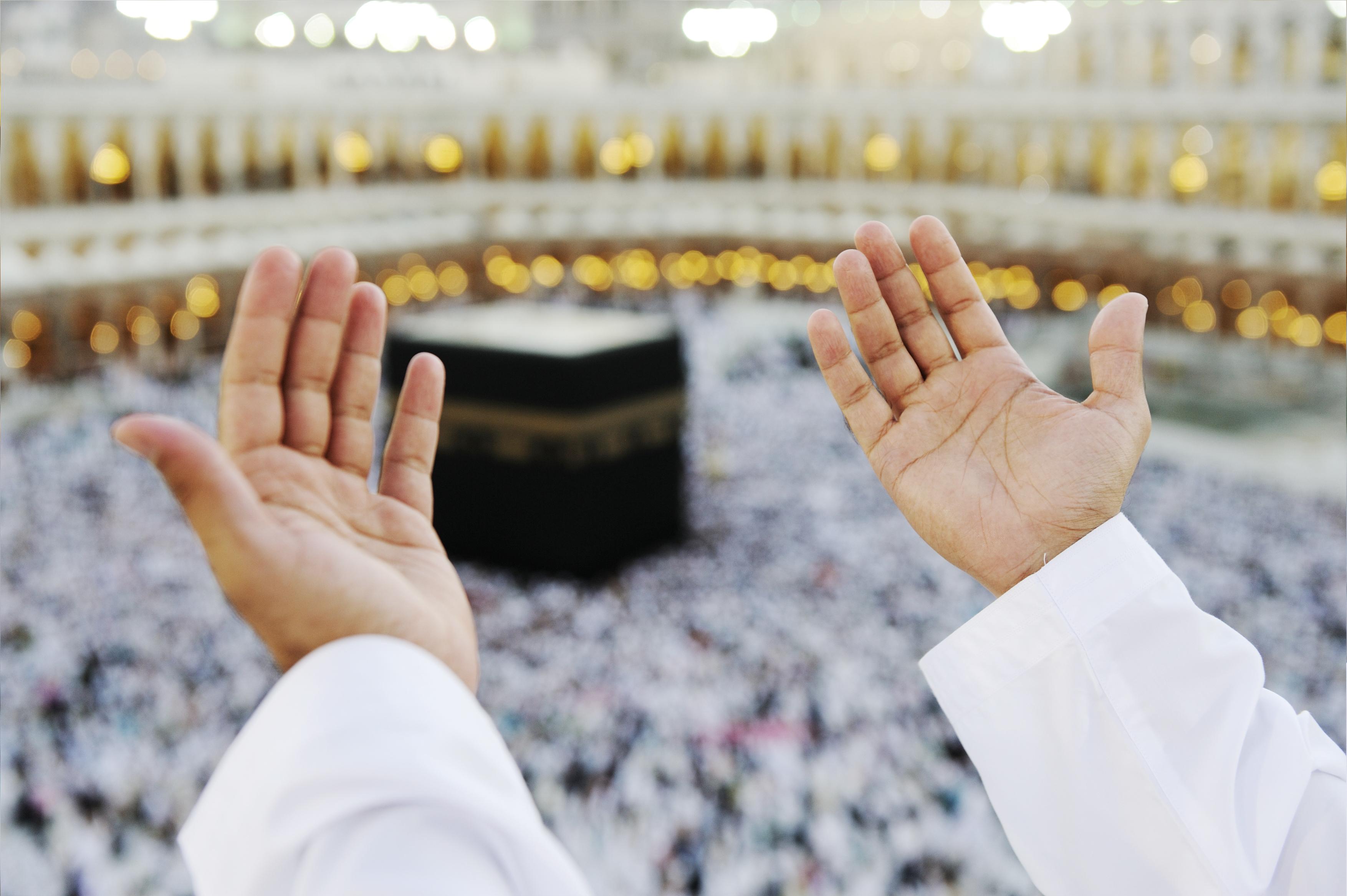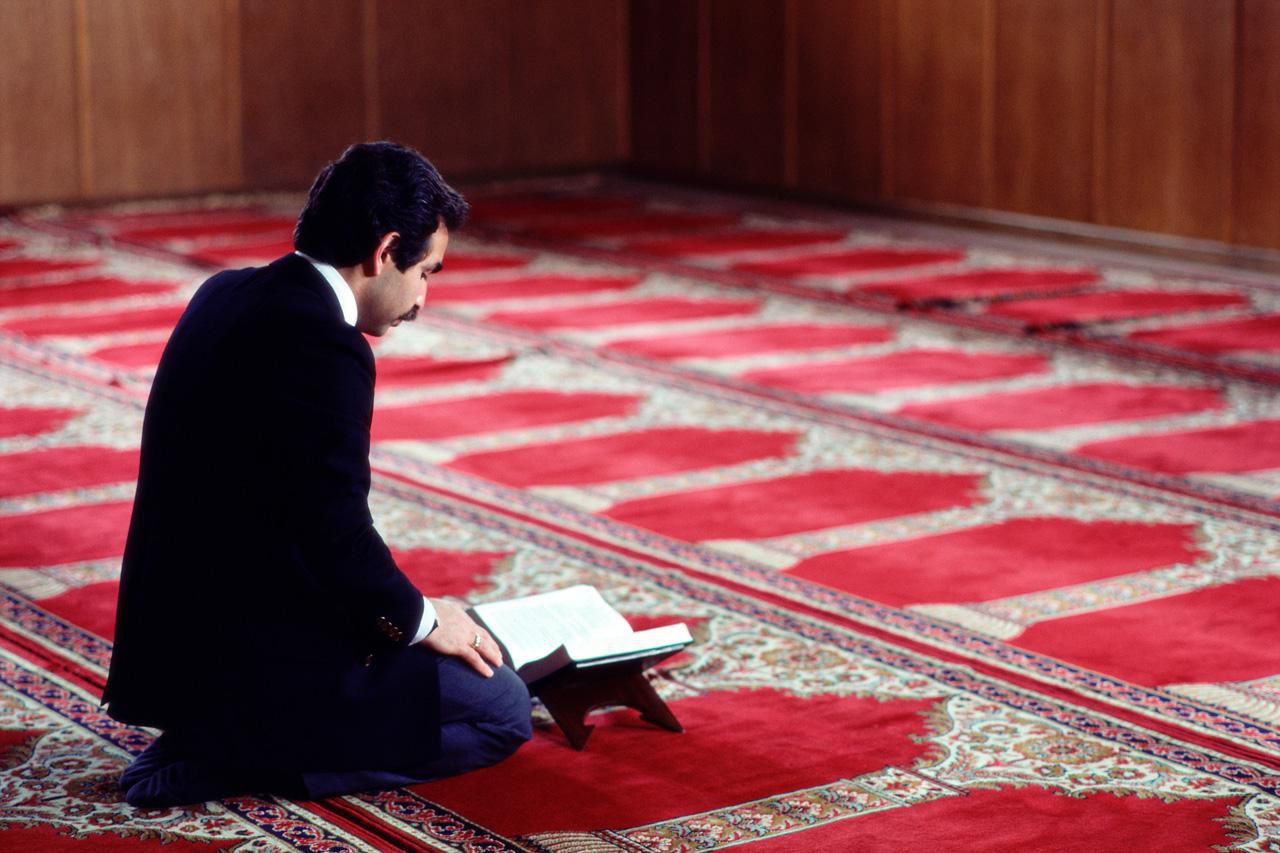Latest Blogs
A Complete Guide to Taharat in Islam: Meaning, Rules, and Methods
Taharat in Islam refers to the state of physical and spiritual purity required for acts of worship such as prayer, fasting, and Qur’an recitation. More than just hygiene, it is a vital expression of faith and obedience to Allah. This guide explains the meaning, importance, and methods of taharat, including wudu, ghusl, and tayammum, along with practical tips to maintain cleanliness in daily life.
Taqwa in Islam: Meaning, Importance & How to Attain It
Taqwa is the foundation of a strong and sincere Islamic life. But what is taqwa? This blog explores the concept of taqwa in Islam, its profound spiritual significance, and practical steps to cultivate it in daily life.
Parenting Tips in Islam: Raising Righteous Children with Love, Wisdom, and Faith
Parenting is a sacred trust in Islam. This guide explores 25+ parenting tips grounded in faith, from babyhood to teenage years, mental health, and beyond. Learn how to raise confident, compassionate, and spiritually rooted children in today’s world.
How to Pray Taraweeh: Step-by-Step Guide for Home & Mosque
Taraweeh is a special night prayer during Ramadan that brings peace, reflection, and reward. This complete guide explains how to pray Taraweeh step by step, whether you're at home, in the mosque, or just starting out.
Waterproof Socks For Wudhu: Everything You Need to Know!
Performing wudhu on the go can be challenging, especially when access to clean water is limited. This guide explores how waterproof socks can simplify the process, helping Muslims perform masah while staying comfortable, clean, and compliant.
What is the Importance of Tahajjud? A Complete Guide to the Night Prayer in Islam
Tahajjud is a deeply spiritual night prayer in Islam, performed in the last third of the night. This blog explores the importance of Tahajjud from Qur’anic teachings, Hadith, and its emotional and spiritual impact on those who practice it.
Modest Fashion for Teens: How to Dress with Confidence According to Islamic Values
Discover how modest fashion empowers teens to dress with confidence while staying true to Islamic values. This practical guide explores daily outfit ideas, eventwear tips, and how modest fashion builds self-respect and personal identity.
Dhul Hijjah: The Sacred Month and Its Significance
How to Balance Deen and Dunya in Today’s World

